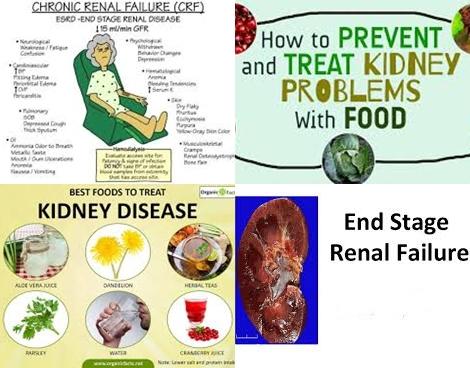
Objectives:
Recent data pose the question whether conservative management of chronic kidney disease (CKD) by means of a low-protein diet can be a safe and effective means to avoid or defer transition to dialysis therapy without causing protein-energy wasting or cachexia. Therefore, this review article (meta-analysis) has been conducted.
Do subjects with chronic kidney disease benefit from a low-protein diet?
Study design:
This review article included 16 controlled trials of low-protein diet in chronic kidney disease that met the stringent qualification criteria including having 30 or more participants.
Results and conclusions:
The investigators found compared with diets with protein intake of >0.8 g/kg/day, diets with restricted protein intake (0.8 g/kg/day) were associated with higher serum bicarbonate levels, lower phosphorus levels, lower azotemia, lower rates of progression to end-stage renal disease and a trend towards lower rates of all-cause death.
The investigators found compared with diets with protein intake of >0.8 g/kg/day, very-low-protein diets (protein intake 0.4 g/kg/day) were associated with greater preservation of kidney function and reduction in the rate of progression to end-stage renal disease.
The investigators found safety and adherence to a low-protein diet was not inferior to a normal protein diet and there was no difference in the rate of malnutrition or protein-energy wasting.
The investigators concluded a low-protein diet, particularly protein intake 0.4 g/kg/day, appears to enhance the conservative management of non-dialysis-dependent chronic kidney disease and may be considered as a potential option for chronic kidney disease patients who wish to avoid or defer dialysis initiation and to slow down the progression of chronic kidney disease, while the risk of protein-energy wasting and cachexia remains minimal.
Original title:
Low-protein diet for conservative management of chronic kidney disease: a systematic review and meta-analysis of controlled trials by Rhee CM, Ahmadi SF, [...], Kalantar-Zadeh K.
Link:
https://www.ncbi.nlm.nih.gov/pubmed/29094800
Additional information of El Mondo:
Find more information/studies on chronic disease and protein right here.
A protein intake of 0.8 g/kg/day usually corresponds to a diet with 11 En% protein.
A protein intake of 0.4 g/kg/day usually corresponds to a diet with 5.5 En% protein.
A diet with 5.5 En% protein is a diet with a lot of products with 5.5 En% protein. Check here which products contain 5.5 En% protein.